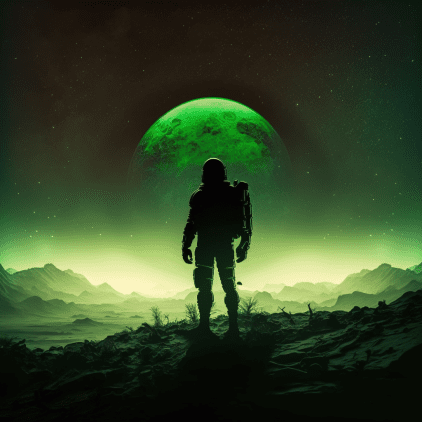Science fiction and space opera are two popular genres within the science fiction literary and cinematic universe. While both these genres deal with the exploration of the universe, time travel and futuristic technologies, they are distinct from each other in terms of their themes, storytelling styles, and character arcs.
Science fiction is a broad genre that explores the possibilities of scientific, social, and technological innovations, often focusing on the consequences of such advancements on humanity. The genre is known for its speculation on the future and the use of science to tackle complex issues. Futuristic science, be it speculative or completely made up, plays a central role. Examples of popular science fiction works include Blade Runner and The Martian.
Space opera is a subgenre of science fiction that is heavily influenced by classic opera, which is why it is often filled with grand spectacle, sweeping emotional touchpoints and larger-than-life characters. It is known for its epic battles and melodramatic stories revolving around conflicts arising from opposing quests for power, love, or adventure. Futuristic science is part of the setting. Examples of popular space operas include Babylon 5, and Firefly.
While the two genres have differences, the categorization of any given story is not always clearcut. Battlestar Galactica, for example, has many of the trappings of a space opera. I believe even the show runners would agree. Yet, cerebral themes such as the impact of humanity’s complex relationship with technology and what it means to be sentient were central to the story.
Compartmentalization is a convenience of marketing and the bane of a writer. In stepping away from this mirage of literary silos, it is tempting to conceptualize science fiction and space opera as the two end points of a continuum. I would agree that there is a continuum, but the two do not constitute the end points. Moving away from sci-fi in one direction we arguably head toward parables and in the other, beyond space opera, is fantasy and further down the line is the occult. Does religion await at either end? I believe it is the wellspring.
Could there be anything more speculative, fantastical, and harrowing than creation stories?

